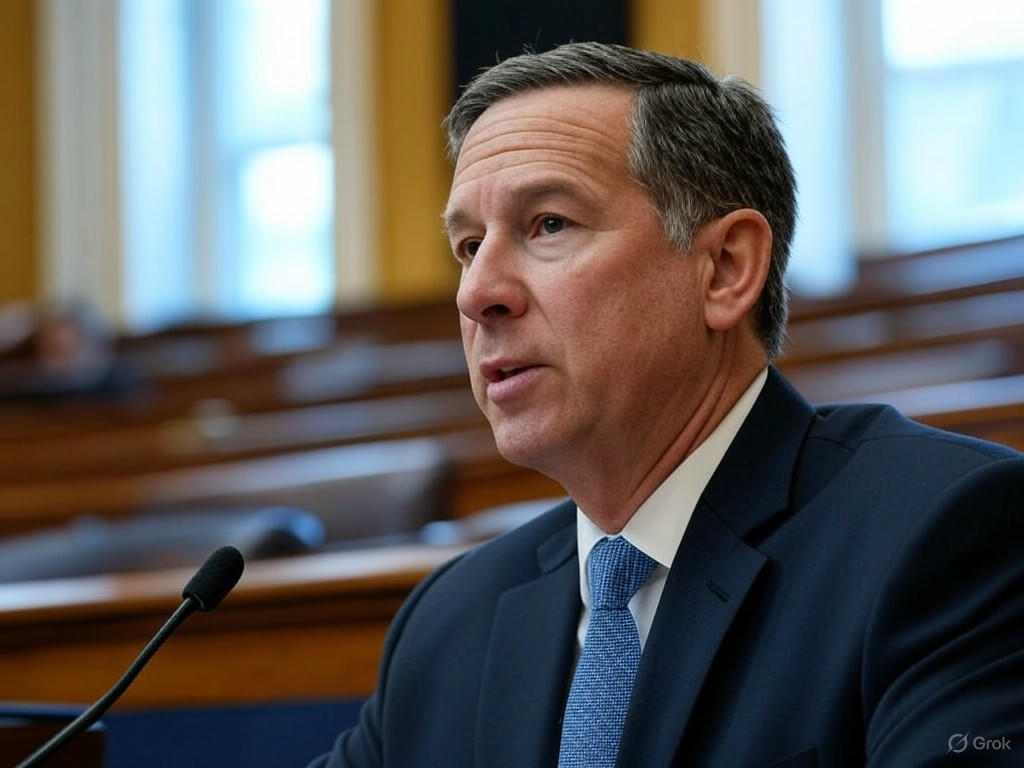Senators Push to Curb Direct-to-Consumer Drug Ads: A Game-Changer for Pharma?
In a bold move that could reshape the pharmaceutical landscape, a group of U.S. senators has introduced a proposal to ban direct-to-consumer (DTC) drug advertising. This legislative push, unveiled in early June 2025, targets a multi-billion-dollar industry practice that has long been a cornerstone of pharmaceutical marketing in the United States. If passed, the ban could fundamentally alter how drug companies connect with patients, forcing a pivot to alternative strategies while raising questions about consumer access to health information.
The senators behind the proposal argue that DTC advertising often prioritizes profit over public health. They contend that these polished commercials, frequently aired on television and online platforms, can mislead consumers by oversimplifying complex medical conditions and treatments. Critics of the practice have long pointed out that such ads may encourage patients to demand specific medications from their doctors, even when alternatives or lifestyle changes might be more appropriate. Additionally, the lawmakers highlight the staggering costs associated with these campaigns, which they claim drive up drug prices for consumers. By curbing this form of marketing, the senators hope to refocus the industry on innovation and affordability rather than persuasive branding.
Pharmaceutical companies, however, are gearing up for a fierce pushback. Industry leaders argue that DTC advertising plays a vital role in educating the public about available treatments, especially for underdiagnosed or stigmatized conditions. They assert that these ads empower patients to take charge of their health by sparking conversations with healthcare providers. Moreover, the sector warns that a ban could stifle revenue streams that fund research and development for life-saving medications. With the U.S. being one of the few countries to allow such advertising, alongside New Zealand, a ban would mark a significant departure from current global norms and could set a precedent for other nations to follow. The debate is already heating up, with lobbying efforts intensifying on Capitol Hill as stakeholders from both sides vie for influence.
Beyond the immediate impact on drugmakers, the proposed ban raises broader questions about the balance between free speech and regulation in advertising. Legal experts suggest that any legislation would likely face challenges in court, as companies may argue that their right to commercial speech is protected under the First Amendment. Meanwhile, consumer advocacy groups are split—some applaud the move as a step toward curbing Big Pharma’s influence, while others worry that patients could lose access to valuable information about new therapies.
As this proposal moves through the legislative process, its outcome remains uncertain. Will it gain enough traction to pass, or will industry opposition derail it? One thing is clear: the conversation around DTC drug advertising is far from over. If successful, this ban could mark a turning point for how healthcare is marketed in America, potentially ushering in an era of tighter controls and renewed focus on patient well-being over corporate gains. The coming months will reveal whether this bold idea becomes law or fades into the background of political discourse.


